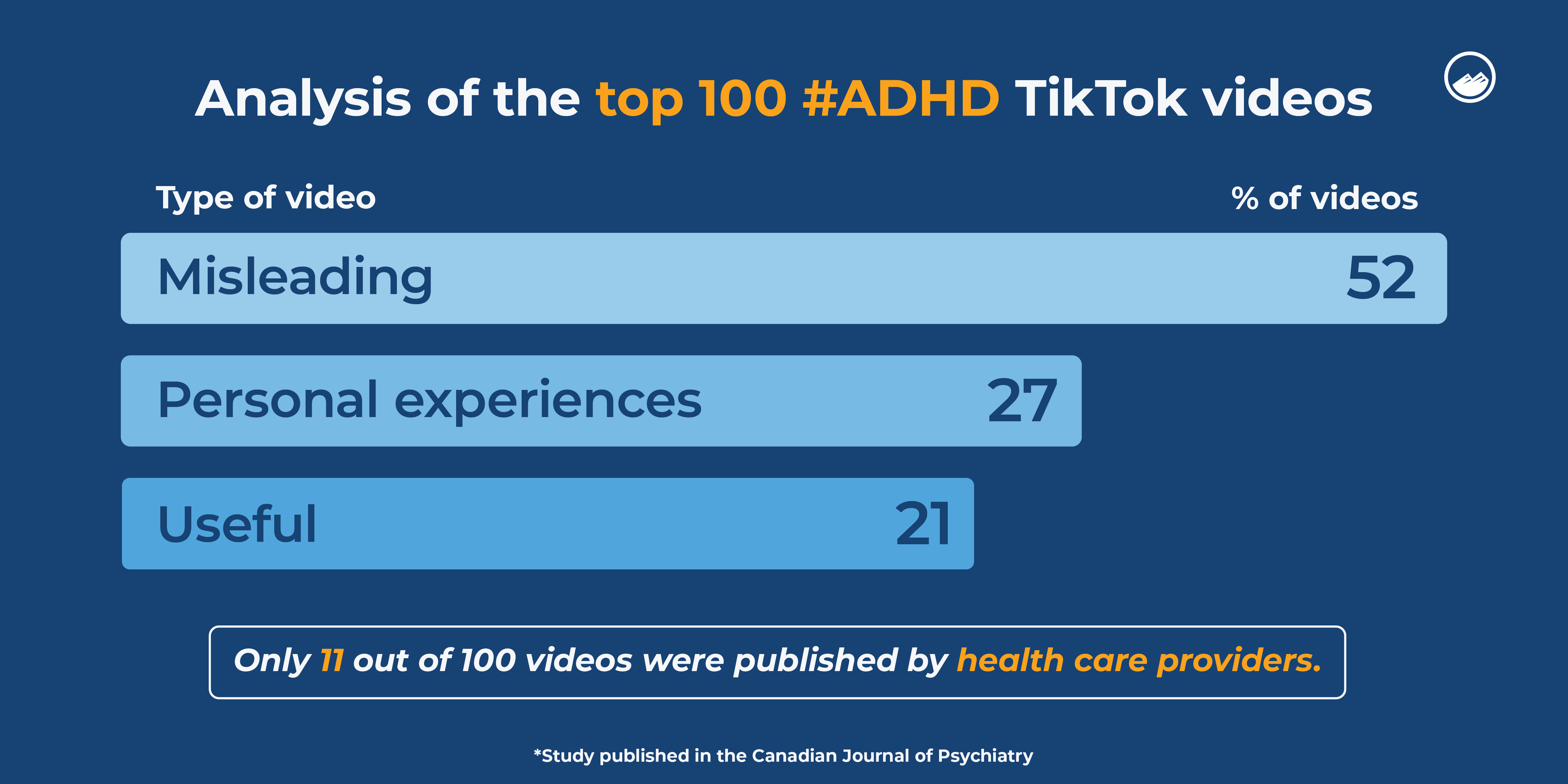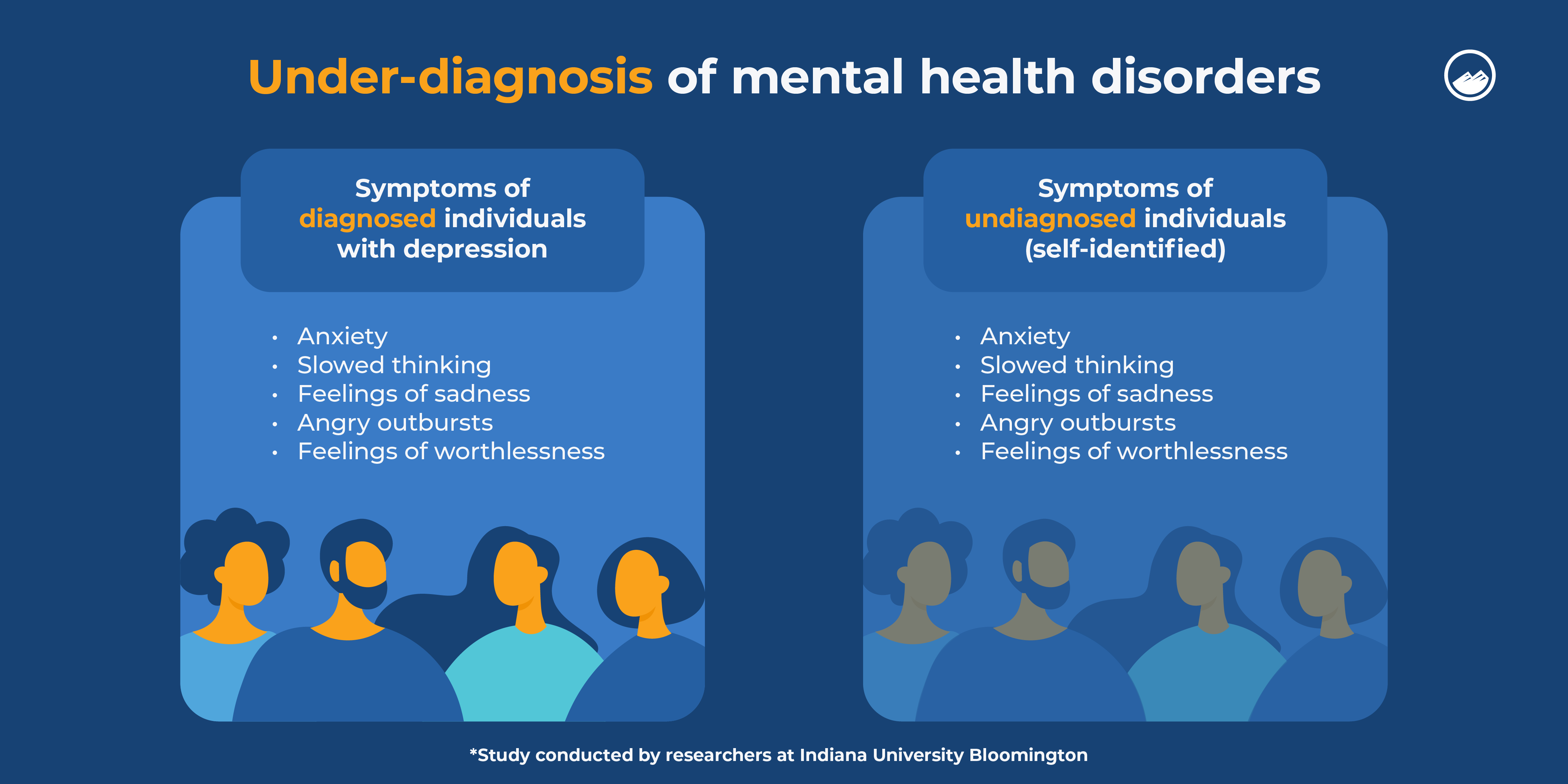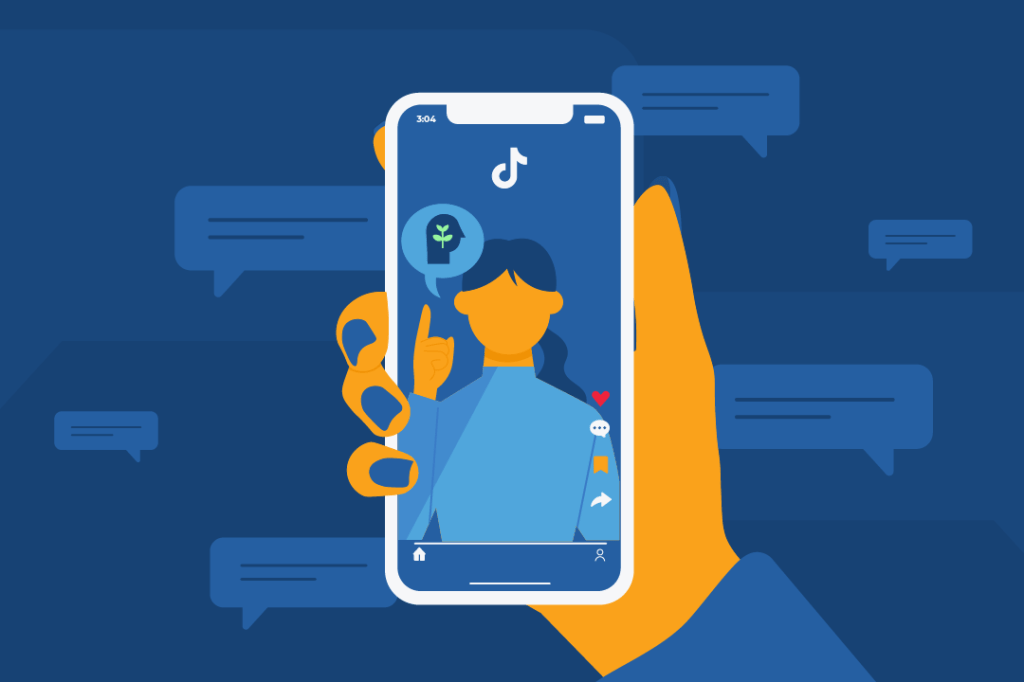Teenagers are getting mental health advice from TikTok
Published 4:30 pm Tuesday, June 4, 2024
Teenagers are getting mental health advice from TikTok
“I was dating someone last year and forgot they existed while we were dating,” @saranne_wrap proclaimed on TikTok. The influencer explained she was surprised to hear from her love interest when they texted her after a few days of silence and reasoned that because she had ADHD, she lacked “object permanence.” Thus, she could not remember the people she’d been around.
Perhaps she was referring to object constancy, or the ability to maintain a bond with another person despite feelings of hurt or anger, which can be more difficult for people with attention-deficit/hyperactivity disorder. Or maybe she meant emotional permanence, which refers to the confidence that loved ones still feel affection and care even when they aren’t present.
Lacking object permanence, however, would be an incorrect explanation. The term refers to the ability to recognize that an object exists, even when it’s not directly in your field of view. Babies don’t develop object permanence until they’re about a year old, which is why they find games of peekaboo exciting. There is no evidence that it is connected to ADHD.
This video is just one instance of misnomers and misconceptions about common mental health conditions found on TikTok. Scores of young people on the platform use hashtags like #adhd and #mentalhealth to discuss conditions like borderline personality disorder, autism, or obsessive-compulsive disorder. Sometimes, these TikTok users are self-diagnosing with these conditions, and there’s no guarantee that any of the information presented is accurate.
While social media can raise awareness about mental health issues and reduce the stigma sometimes associated with it, it can also perpetuate false information and create more anxiety for some teens. Sandstone Care looked at news reports and academic studies to explore how teenagers are getting health advice from TikTok and what impact it has on their mental health.
![]()

Illustration by Alexis Goerlich // Sandstone Care
How reliable is mental health advice on TikTok?
Academic research suggests that the health advice TikTokers are giving out is poor at best. One study published in the Canadian Journal of Psychiatry looked at the top 100 videos tagged #adhd. Of these, only 11 were published by people identifying as health care providers. Researchers found that 27 videos were based on personal experiences, while 52 were labeled “misleading” and only 21 were “useful.” These videos received 280 million combined views.
The problem isn’t limited to mental health. Another study from researchers at the University of Chicago found that videos on sinusitis were not much better when it came to scientific accuracy. They found that about half of TikTok videos on the subject were uploaded by influencers with no medical training. Only about 47% of videos published by these content creators were deemed to be “factual.” TikTokers with medical backgrounds, as well as lay individuals, did post more accurate videos about sinusitis, with about 80% of their videos found to be factual.
TikTok has grown to be one of the world’s biggest social media platforms and is especially popular with teens. Around two-thirds of American teenagers aged 13 to 17 use the app, according to the Pew Research Center, while 1 in 6 say they use TikTok “almost constantly.” For comparison, only one-third of teens use Facebook. TikTok is the second most used platform among teenagers, surpassed only by YouTube.
Most TikTok videos are meant to entertain, not to inform. But the platform’s wide reach means that it does impact behavior. According to a survey by Education Week conducted in March, 28% of high school students reported using social media to “sometimes” diagnose their own mental health conditions, while 10% used social media to diagnose their own conditions “all the time.” Students were similarly likely to use what they learned from social media to diagnose their peers.
While a diagnosis by a clinician is required in order to prescribe medication for the treatment of a psychological disorder, self-diagnosis can still cause harm. A misdiagnosis can increase anxiety and stress, or lead to assumptions that feelings or behaviors on the spectrum of typical functioning are bigger issues than they actually are.

Illustration by Alexis Goerlich // Sandstone Care
Fighting misinformation will be hard
Mental health disorders are often underdiagnosed, in part because not everyone has the same exposure to psychological terms or access to medical professionals. Providing more information to people via social media can be a good starting point for helping people understand their mental states.
But it also opens them up to misinterpretations of medical information and self-diagnosis. For years, doctors have complained about patients coming to them with diagnoses sourced from sites like WebMD. But given TikTok’s popularity with young people and the tendency for content on the app to go viral, the platform’s reach is potentially far wider than other online medical resources.
A 2023 study conducted by researchers at Indiana University Bloomington compared the self-reported mental health symptoms of two groups of people: people who had been diagnosed with mental disorders and those who had not (but believed that they should be). Researchers found that when it came to certain disorders such as depression, generalized anxiety, and insomnia, the people who had not yet been diagnosed reported symptoms that were almost as severe as people who had already been diagnosed. This means that many people who believe they should be diagnosed with certain disorders are on the right track, even if they have not yet talked to a mental health professional.
Some academics are leveraging social media to disseminate accurate information via individuals who already have a platform. Researchers from Harvard’s public health school recently worked with 42 TikTok influencers, coaching them to create medical videos rooted in facts. The academics found that influencers who received their advice were 3% more likely to publish videos on their talking points, yielding an additional 800,000 views. The merger of experts with accurate information and influencers with large platforms might be one way to combat misinformation.
But educators can help spread accurate medical information, too. They just might need to get on TikTok.
Story editing by Alizah Salario. Copy editing by Tim Bruns.
This story originally appeared on Sandstone Care and was produced and
distributed in partnership with Stacker Studio.





